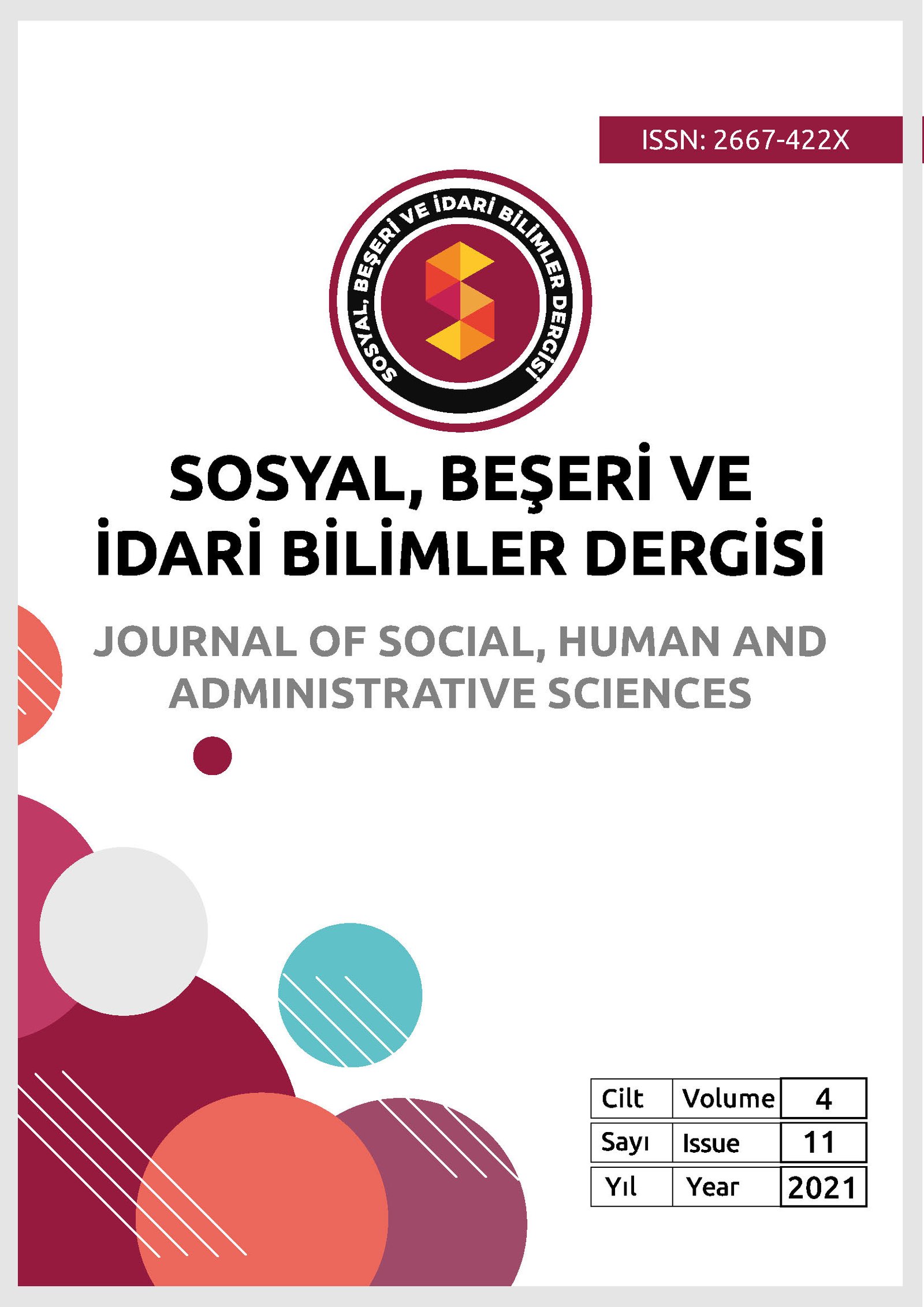The Relationship Between Perception of Ethical Leadership, Careerism and Employee Performance in Hotel Business Employees: The Case of İstanbul
Main Article Content
Abstract
The main purpose of this study is examining the impact of hotel employees' perceptions of their managers' ethical leadership behavior on careerism and performance levels. For this purpose, dates were collected using the questionnaire method on 389 hotel employees who were chosen using a simple random sample methodology. While the study's universe is made up of accommodation establishments in Istanbul province, the sample is made up of staff of five-star hotels in the area. According to the study's findings, employees' perceptions of performance and ethical leadership are medium, while their perceptions of careerism are low. Furthermore, it has been discovered that ethical leadership perception has a negative impact on careerism, and careerism has a negative impact on employee performance. However, one of the study's findings is that employees' perceptions of ethical leadership have a positive impact on their performance. It is reasonable to assume that having a leader who is concerned about ethical codes, communicates well with employees, and considers employees' opinions in the decision-making process will prevent careerist orientation in the hotel business. It is possible that, in hotels where labor is the most important factor, employee performance will improve if careerism, a negative organizational tendency, is avoided.
Article Details

This work is licensed under a Creative Commons Attribution 4.0 International License.

